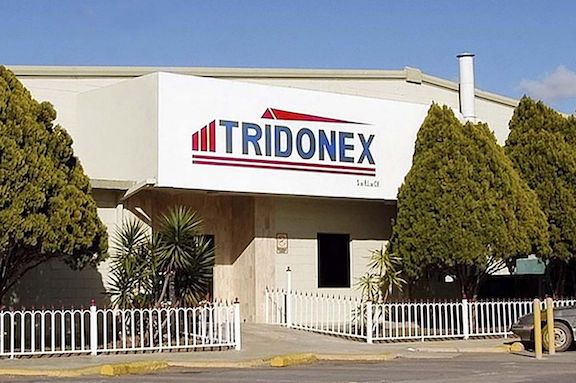The U.S.’s largest labor union is leading a complaint over working conditions at an auto-parts factory in Mexico, the first case to test whether enforcement provisions in a new trade agreement can help to improve working conditions.
The AFL-CIO and three other groups filed a complaint against Tridonex, a factory in Matamoros in the northern state of Tamaulipas, Mexico, they said in a statement Monday. It’s the first complaint filed under the rapid-response mechanism of the U.S.–Mexico–Canada Agreement, which went into force in July and replaced the North American Free Trade Agreement.

The AFL-CIO and Democrats made strong labor rules and enforcement mechanisms for Mexico a key demand to win their support for the USMCA in 2019, concerned that the pact it was replacing lacked both. U.S. labor unions have long complained that Mexican factories under Nafta denied workers’ rights to keep down salaries and unfairly undercut the U.S. on cost.
In the Tridonex case, independent trade-union lawyer Susana Prieto Terrazas was jailed last June for a month after working to organize employees at the plant. Prieto was only released after agreeing to internal exile in another Mexican state and a ban on appearing in labor court, the unions said in Monday’s statement.
Joining the AFL-CIO in the complaint are Service Employees International Union, the Sindicato Nacional Independiente de Trabajadores de Industrias y de Servicios Movimiento and Public Citizen.
“USMCA requires Mexico to end the reign of protection unions and their corrupt deals with employers,” said AFL-CIO President Richard Trumka. “The ongoing harassment of Susana Prieto and SNITIS members is a textbook violation of the labor laws Mexico has pledged to uphold.”
Tridonex is a unit of Philadelphia-based Cardone Industries Inc., and some of its auto parts are for the U.S. market. Cardone didn’t respond to an emailed request for comment, while executives at Tridonex didn’t immediately respond to messages left by phone.
“Tridonex’s suppression of workers’ rights has cost our members in Philadelphia hundreds of good manufacturing jobs, and now they’re doing the same to workers in Matamoros,” said SEIU International President Mary Kay Henry. “USMCA requires Mexico to enforce its labor laws and the rapid-response mechanism was designed to ensure facility-specific enforcement opportunities to help workers here at home and in Mexico who want to join together in unions, have safe workplaces, and raise their families with dignity.”








